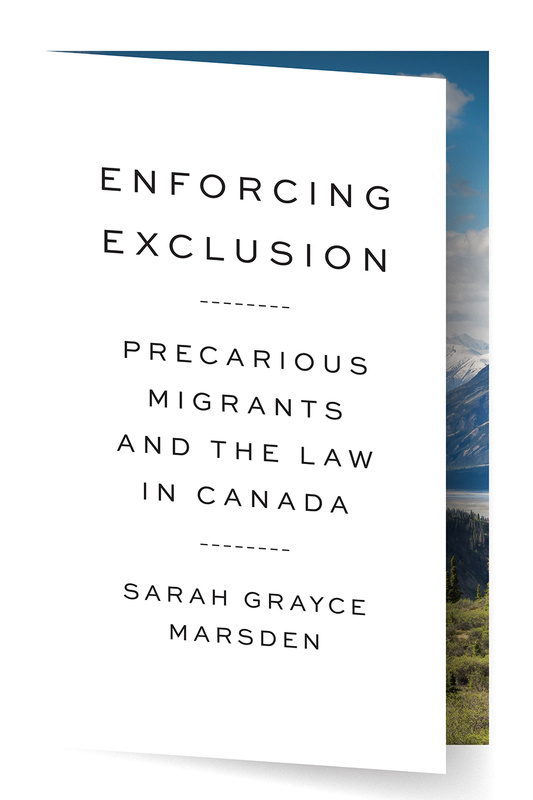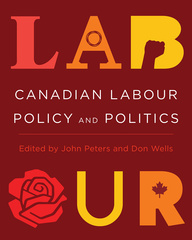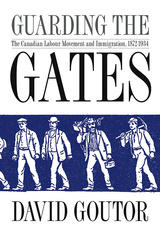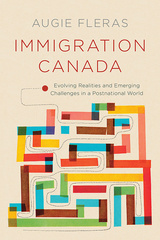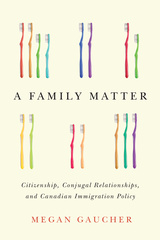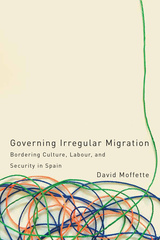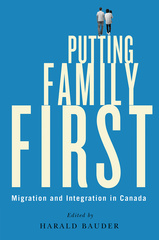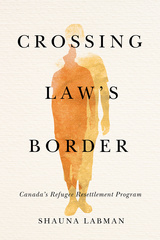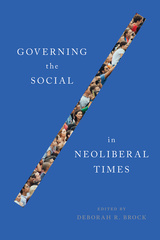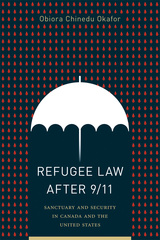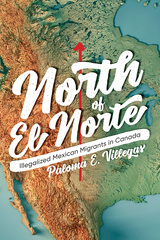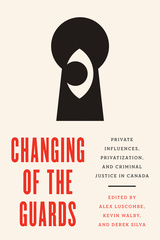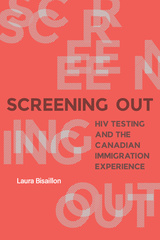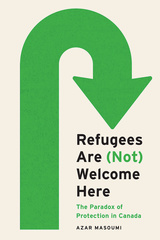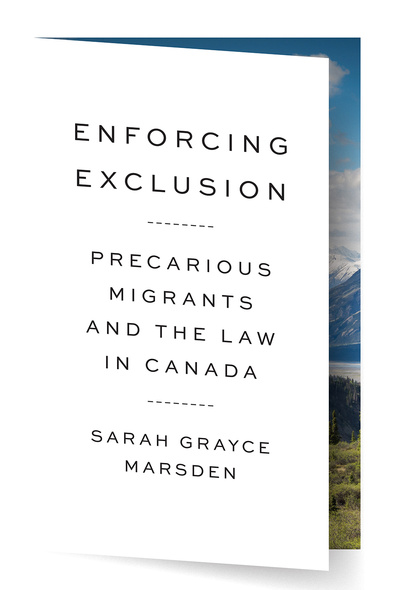
In Canada’s liberal dream, the law extends its benefits to everyone. But the law also determines who is included in that “everyone.” Migrant workers, long welcomed in Canada for their labour, are often excluded from both workplace protections and basic social benefits such as health care, income assistance, and education due to their lack of permanent status.
Enforcing Exclusion recasts what migration status means to both the state and to non-citizens. Through interviews with migrants and their advocates, Sarah Marsden shows that migrants face enforcement through law, policy, and practice, affecting their ability to address adverse working conditions and their interactions with institutions such as hospitals, schools, and employment standards boards.
Canadian immigration laws create a status hierarchy; those at the bottom experience markedly different access to the protections and benefits of law. This book documents the impact of Canada’s system of migration enforcement on people’s lives and questions the adequacy of human-rights-based responses in addressing its exclusionary effects.
This book will be of interest to scholars and students in law, social science, and migration studies, as well as advocates and community workers who work with migrant communities.
Although this book takes an anthropological approach and focuses on precarious migrants in Canada, its interdisciplinarity makes it relevant to a broader audience. Through testimonies and life stories, it provides a much-needed account of how immigration laws and policies foster the exclusion of migrants in their daily lives. It will be enriching for anyone researching immigration law and policy from a legal or political perspective, as well as for anyone studying the anthropology and sociology of migration.
Enforcing Exclusion should be on every immigration lawyer’s bookshelf.
Sarah Marsden’s new book, Enforcing Exclusion, opens a window onto the reality of living with precarious migration status in Canada, and the picture is not a pretty one. Marsden provides fresh insights into the many ways precarious migrants’ vulnerability is constructed in law and experienced daily. It is a must read for those already aware of this injustice, and even more so for those who are not.
As the movement toward sanctuary cities gains momentum in Canada, Enforcing Exclusion contributes significantly to our understanding of the interplay between law and policy and migration status. It highlights the contradiction between a Canada that positions itself as welcoming, inclusive, and a champion of human rights, and one that denies these rights to people in our communities who have precarious migration status.
Marsden artfully demonstrates how different arenas of law and policy come together with different government jurisdictions to produce an enforcement regime that negatively impacts the lives and working conditions of migrants in Canada.
The constant threat of deportation is central to the lives of people with precarious migration status. This excellent book reveals and analyzes the complex web of human rights and labour violations experienced by temporary migrant workers. The only way to achieve their effective social inclusion is to push back against the administrative hurdles migrants face in immigration law, provide them with effective access to justice and remedies, and empower them to fight for their rights and to have their voices heard in policy making and enforcement.
Introduction
1 The Creation and Growth of Precarious Migration in Canada: “Illegal” Migration and the Liberal State
2 Status, Deportability, and Illegality in Daily Life
3 Working Conditions and Barriers to Substantive Remedies
4 Exclusion from the Social State: Health, Education, and Income Security
5 Multi-Sited Enforcement: Maintaining Subordinate Membership
6 Rights and Membership: Toward Inclusion?
Postscript
Appendix A: Migrant Participant Profiles
Appendix B: Sample Interview Script
Notes; Index

